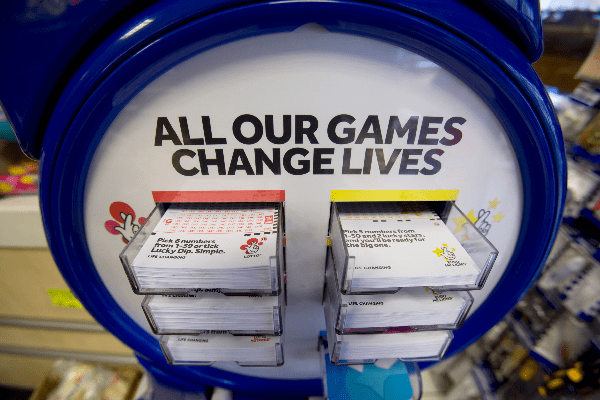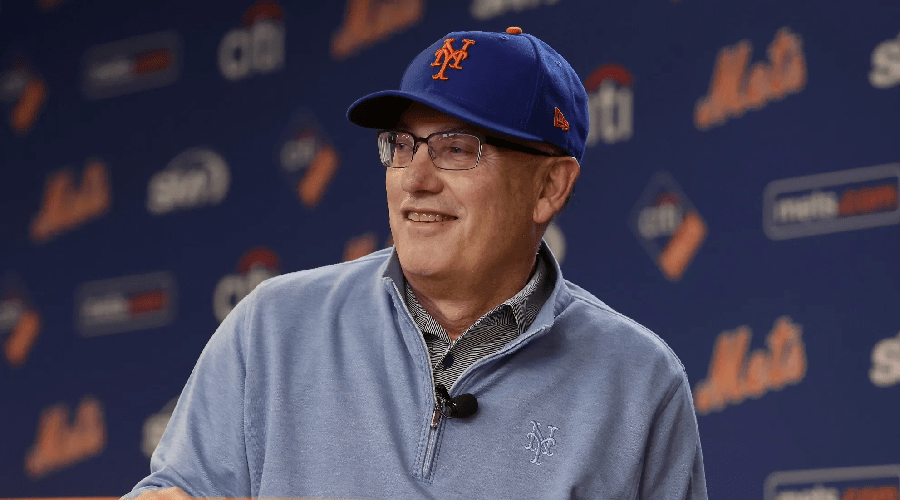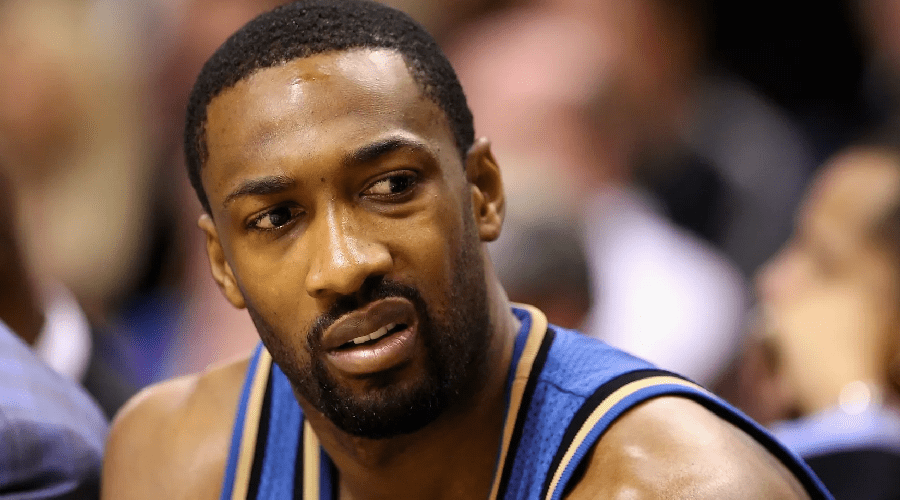The Gambling Commission in the United Kingdom has announced a second postponement in its year-long process to decide who will be given the next ten-year licence to operate the nation's National Lottery.
The regulator announced the most recent postponement in an official press statement, stating that the "phase two application stage" of the process will now be delayed by a further four weeks until October 15, followed by an extra six-week break for "evaluation." The watchdog continued, saying that although any given timetable is only "indicative" and may vary due to the internal and international effects of the current coronavirus epidemic, it now intends to have announced the victorious candidate by February of the next year.
Introductory pause:
The Gambling Commission had intended to announce the eventual winner by the end of this month. The search for the next operator of the fifth-largest lottery in the world began in August of last year. However, because to the number of applicants requesting extra time and the difficulty of the licence, it was shortly compelled to extend the original application deadline to September 17.
crowded competition
Since its inception in 1994, the National Lottery, which is managed by the Watford-based Camelot Group, has raised more than £41 billion ($54.8 billion) for more than 560,000 charitable organisations. The current operator is said to be jockeying for position among a growing group of rivals that now includes British telecommunications giant BT Group, European lottery giant Sazka Group, and Indian gaming pioneer Sugal and Damani Enterprises Limited. The competition for the right to run the lucrative state-franchised lottery until February 2034 has been fierce.
Read the Gambling Commission's statement...
"These modifications will provide applicants the chance to further develop their ideas, and the Gambling Commission the chance to assess them. We will extend the third National Lottery licence by six months, starting in February 2024, in order to support these adjustments and guarantee a seamless transition.
accountable mandate:
The Gambling Commission also said that it is its responsibility to "run the best competition" conceivable in order to choose a future trustworthy National Lottery operator who would "produce the best outcome for players and good causes." The group concluded by saying that it was "encouraged by the number of applications received" and that it now hoped to choose a candidate through a "robust process" who would be able to "build on the National Lottery's legacy and find new opportunities for a sustainable and successful future."






